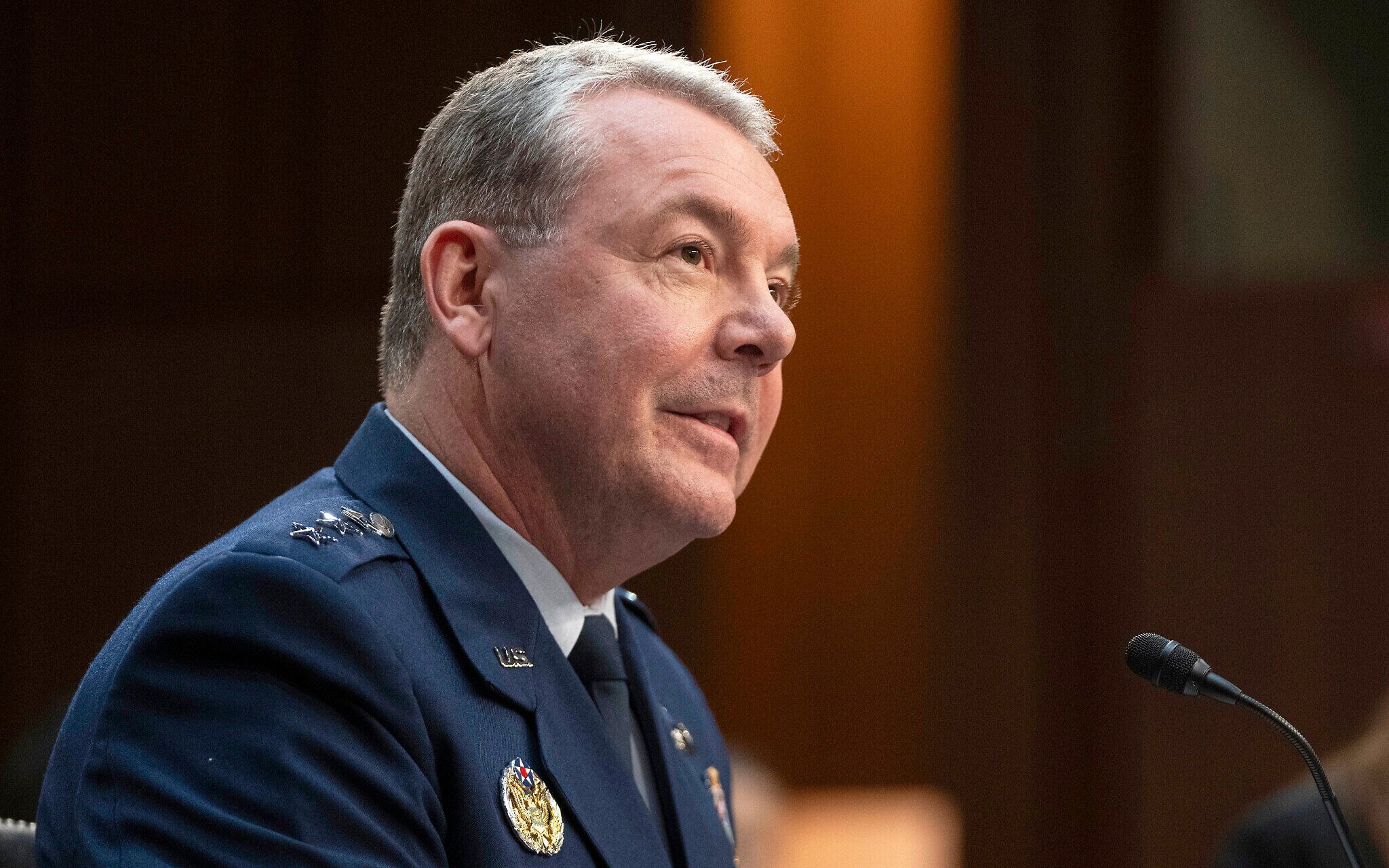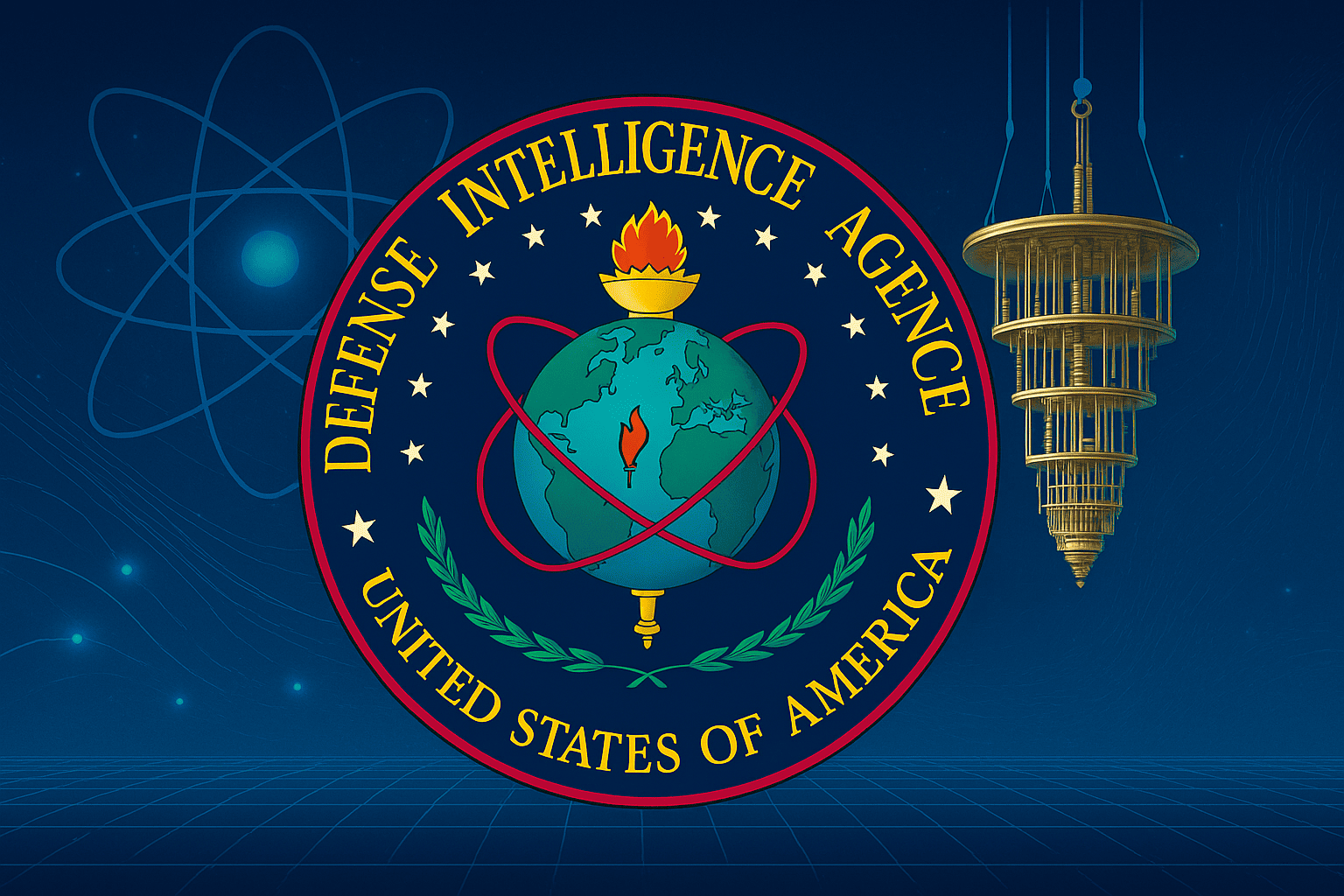
The world of international security and military intelligence is often shrouded in secrecy, but occasionally, internal disagreements and political tensions burst into the open, revealing the fragile balance of power within government institutions. Recently, one such incident captured global attention when Pete Hegseth, a prominent conservative political commentator and media personality, took an unconventional step—firing the US Defense Intelligence Chief over a critical assessment related to Iran, a move that stirred controversy and raised questions about civilian-military relations, intelligence integrity, and political influence in national security matters.
Background: The Stark Assessment on Iran
At the heart of this controversy lies an assessment provided by the US defense intelligence community regarding Iran’s military capabilities and the likelihood of imminent strikes against US interests. This assessment was part of broader intelligence evaluations that shape policymaking, military preparedness, and diplomatic strategies.
However, according to sources, the intelligence chief’s report suggested that Iran was not actively planning significant military action against the United States at that time, contradicting the narrative favored by certain political factions that believed a more aggressive stance was necessary. This divergence became a flashpoint, especially given the tense geopolitical climate fueled by Iran’s regional activities and longstanding US-Iran tensions.
Hegseth’s Bold Move: Sacking the Intelligence Chief
In a surprising maneuver, Pete Hegseth publicly announced the dismissal of the US Defense Intelligence Chief, asserting that the assessment was not only inaccurate but also politically inconvenient. This move was widely perceived as an attempt to align intelligence reports with a hardened, confrontational stance against Iran, possibly influenced by political motives or personal ideological beliefs.
The decision to sack a high-ranking intelligence officer without apparent due process or consultation broke with traditional protocols, which usually involve internal reviews and administrative procedures. Hegseth’s action sparked a wide debate about the politicization of intelligence and the erosion of institutional independence in the US government.
The Trump Connection: The Political Fallout
Perhaps most damaging was the reaction from former President Donald Trump, who viewed the intelligence assessment as a betrayal. Reports indicate that the assessment angered Trump because it challenged his administration’s hard-line approach to Iran, and he perceived it as a sabotage of his foreign policy narrative.
Trump’s criticism of the move underscored the intense political polarization surrounding US foreign policy and intelligence matters. The incident intensified fears that partisan politics were compromising the objectivity of intelligence communities, with officials potentially being pressured to tailor reports to political agendas.
Broader Implications: Trust in Intelligence and Civilian Control
This episode highlights several critical issues:
- Politicization of Intelligence: The potential for political actors to influence or dismiss intelligence findings that do not support their preferred policies.
- Institutional Integrity: The importance of maintaining the independence of intelligence agencies to ensure unbiased information for policymakers.
- Civilian-Military Relations: The delicate balance between military and civilian leadership, especially when civilian officials attempt to exert overt control over intelligence operations.
The incident also raises questions about the health of America’s democratic institutions, especially when key decisions—like staffing and assessments—are influenced by partisan interests rather than national security imperatives.
Public and Expert Reactions
The event drew mixed reactions from experts, lawmakers, and the public:
– Many security analysts expressed concern over the potential erosion of institutional independence and warned that politicized dismissals could undermine the credibility of US intelligence.
– Lawmakers from both sides called for investigations into the circumstances surrounding the dismissal, emphasizing the need for transparency and adherence to established procedures.
– Meanwhile, some conservative voices supported Hegseth’s action, arguing that the intelligence community needed reform to better align with national security priorities.
The media narrative was equally divided, with some portraying Hegseth as a patriot defending national security, and others viewing him as undermining the integrity of US intelligence agencies.
Looking Ahead: Consequences and Diplomatic Ramifications
The fallout from this incident extends beyond domestic politics:
– It risks further politicizing intelligence assessments, which could impair effective foreign policy responses.
– It may strain diplomatic relations, especially with Iran, if perceptions of internal US instability become evident.
– There is also a concern that similar incidents weaken public trust in government institutions, essential during times of international crises.
The event underscores the necessity for clear boundaries between policy preferences and intelligence analysis, ensuring that decisions are based on impartial, well-sourced information.
Conclusion: Lessons from the Hegseth Incident
The firing of the US Defense Intelligence Chief by Pete Hegseth over Iran strike assessments serves as a stark reminder of the tensions between political agendas and the objective pursuit of truth. While national security interests must always be prioritized, safeguarding the independence and credibility of intelligence agencies remains paramount in a functioning democracy.
Moving forward, it is crucial for all stakeholders—politicians, military leaders, and intelligence officials—to uphold norms that prevent overt politicization. Only with trusted, unbiased intelligence can effective and responsible decisions be made in the complex arena of international relations.
Final Thoughts
The incident has ignited a broader debate about the state of US intelligence and the delicate dance between civilian oversight and military independence. As the US continues to navigate a complex global landscape, maintaining the integrity of its intelligence community will be critical to safeguarding national security and sustaining democratic values.
For more updated news please keep visiting Prime News World.








